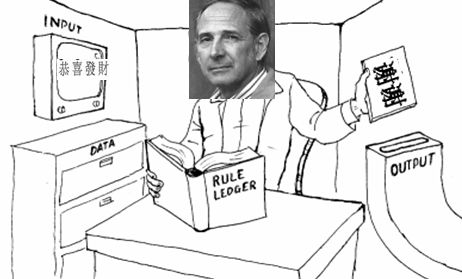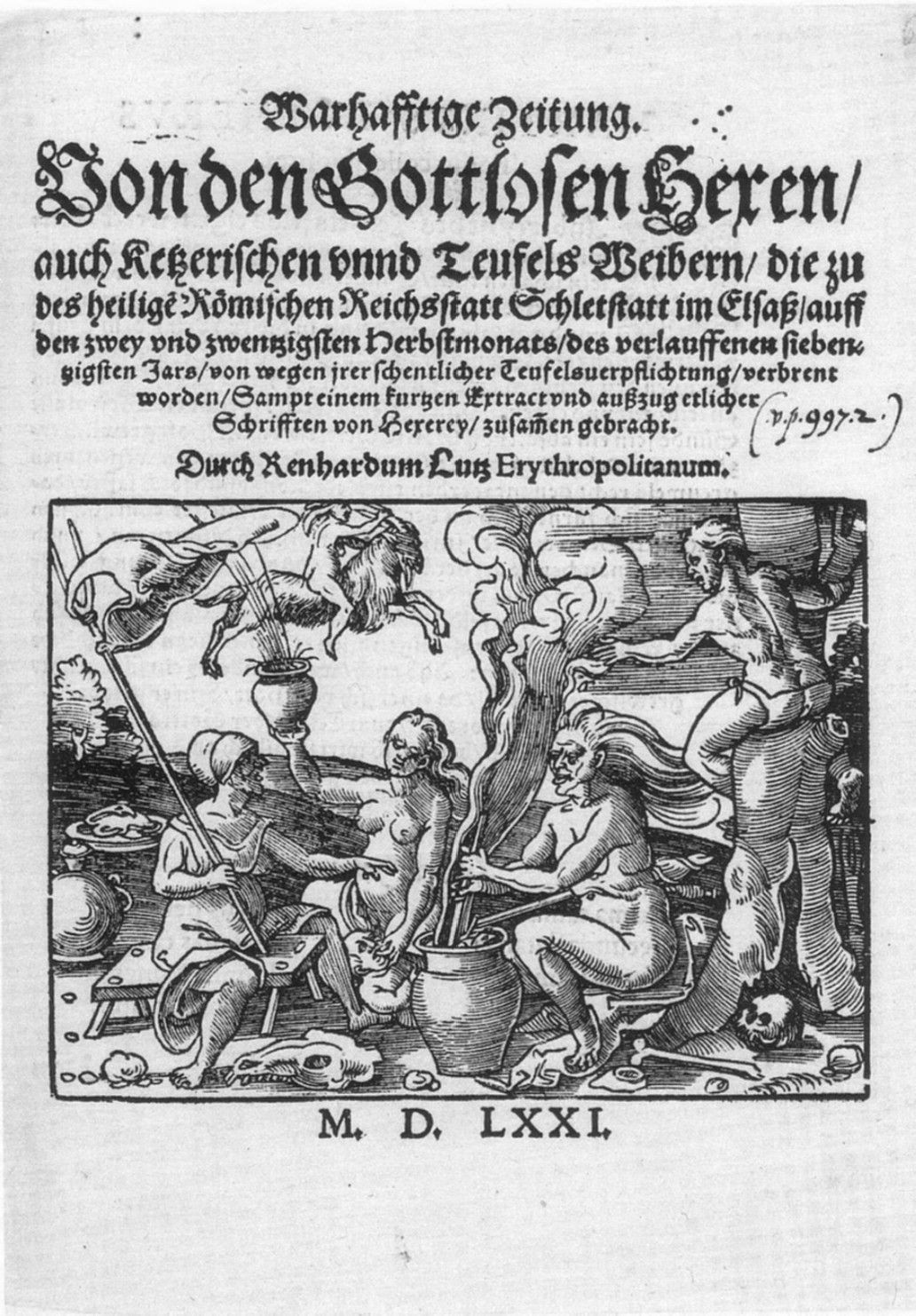Historical theology scholars and other students of Christian origins know that "The True Word," the polemic of Celsus against early Christianity, was later likely destroyed (after imperial ban) and we know it only in fragments quoted by Origen in "Contra Celsus." (It's interesting to note that already, pre-200, Celsus was afraid of the growth of Christianity. Is that tacit support for the "soft mythicist" idea that Jesus was actually one of the Pharisees crucified by Alexander Jannaeus a century before the gospel dating of his life?
Likewise, Philostratus' gospel of Apollonius of Tyana was based on one or more earlier sources — one that also, indirectly, refutes mythicists by showing how early legendary accretions can develop. It's unknown if these earlier sources were simply lost, or destroyed. It's also unknown why no emperor issued a ban against it. Surely, in the fourth and fifth centuries, it wasn't already that unknown.
What about a possible third set of gospels which have never even been hinted at existing?
Mandaeism is an almost-dead world religion allegedly based on John the Baptizer having a position broadly analogous to Jesus in Christianity. The religion, beyond claiming John as its chief prophet (though not as a dying-rising savior god) is Gnosticizing, but not necessarily fully Gnostic. The first writings trace back to the third century CE, though some want to push them earlier. Given that Acts 18-19 has disclples of John wandering around western Asia Minor (in the very early second century CE by my dating of Acts), and the way John's baptism is made to look "less than" that of Jesus (who only gives a mandate to baptize in Matthew), they must have been seen as some sort of competition. So, were some of their writings destroyed as well? Or just lost within the empire as the religion settled (precariously, at times) in Parthian and Sassanid controlled Mesopotamia?




